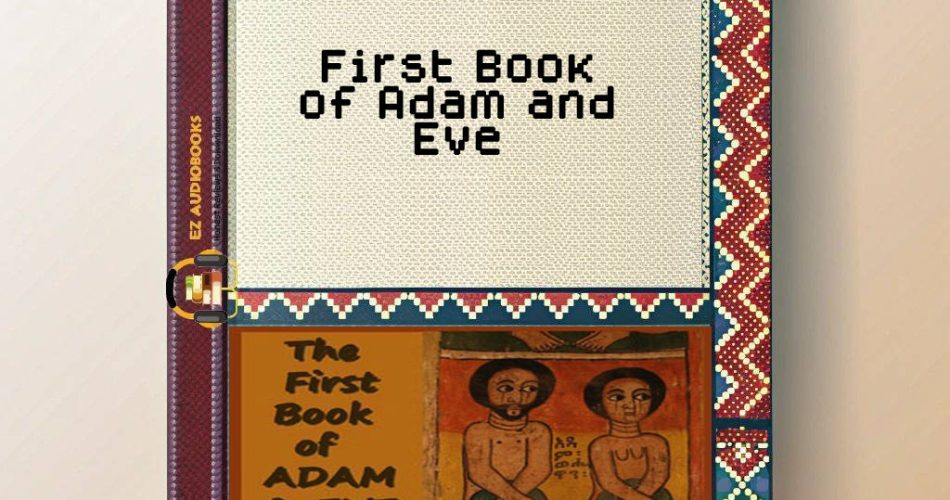Audiobook Sample
Listen to the sample to experience the story.
Please wait while we verify your browser...
- Title: First Book of Adam and Eve
- Author: Rutherford Hayes Platt
- Narrator: Ann Boulais
- Length: 03:11:38
- Version: Abridged
- Release Date: 01/01/2016
- Publisher: LibriVox
- Genre: Religion & Spirituality, Christianity
- ISBN13: SABLIB9781317
As I pressed play on Ann Boulais’ narration of “The First Book of Adam and Eve”, I was immediately transported back to my graduate school days at Harvard, where I first encountered pseudepigraphal texts in a comparative religion seminar. The way Boulais’ measured tones brought this ancient text to life reminded me of Professor Goldstein’s captivating lectures on apocryphal literature – that same sense of uncovering hidden layers of meaning beneath familiar biblical narratives.
What fascinates me most about this particular text is how it occupies the fascinating intersection between scripture and folklore. Platt’s inclusion of Malan’s translation in “The Lost Books of the Bible” collection makes this 5th-6th century text accessible to modern listeners, while Boulais’ narration preserves its ancient gravitas. Through a cultural lens, we can appreciate how this Ethiopian Christian text expands the Genesis narrative with rich imaginative details about Adam and Eve’s post-Edenic struggles.
The audiobook’s greatest strength lies in its vivid portrayal of humanity’s first parents as complex, emotional beings. Boulais captures Adam’s profound sorrow with such authenticity that I found myself recalling my own experiences of loss – particularly when I moved from California to Tokyo and felt that acute sense of displacement. The text’s emphasis on Adam and Eve’s repentance and their evolving relationship with the divine creates a surprisingly modern psychological portrait beneath its ancient framework.
From an academic perspective, the text offers fascinating insights into early Christian theology. The detailed accounts of angelic interventions and Satanic temptations reveal how ancient communities conceptualized the cosmic struggle between good and evil. Boulais handles these supernatural elements with perfect balance – neither over-dramatizing nor flattening their significance. Her pacing during the more doctrinal sections demonstrates keen understanding of the material’s rhythm and importance.
This reminds me of when I taught a course on religious narratives across media at Berkeley. We compared how different formats affect theological storytelling, much like how this audiobook format transforms a scholarly text into an immersive experience. Boulais’ careful pronunciation of ancient names and places (far better than my first stumbling attempts with the Ge’ez terminology!) adds layers of authenticity that print alone cannot convey.
The production quality, while simple (as expected from a LibriVox recording), serves the text well. There’s a rawness to the audio that paradoxically enhances the ancient feel of the material. Some listeners might prefer more polished studio production, but I found the unvarnished quality lent an appropriate sense of encountering an uncovered artifact.
Compared to other pseudepigraphal works like “The Book of Jubilees” or “The Apocalypse of Moses”, this text stands out for its emotional depth and narrative continuity. While not canonical scripture, it provides invaluable context for understanding how early Christians imagined the gaps in biblical accounts. The audiobook format makes these scholarly insights accessible to anyone curious about religious history.
Potential listeners should approach this as both literary artifact and spiritual text. Those expecting strict biblical accuracy may be disappointed by the imaginative expansions, while readers seeking pure entertainment might find some sections overly doctrinal. But for anyone interested in the evolution of religious thought or early Christian literature, this free audiobook offers a rare opportunity to engage with an important historical text in an accessible format.
In scholarly appreciation and shared curiosity,
Prof. Emily Chen

